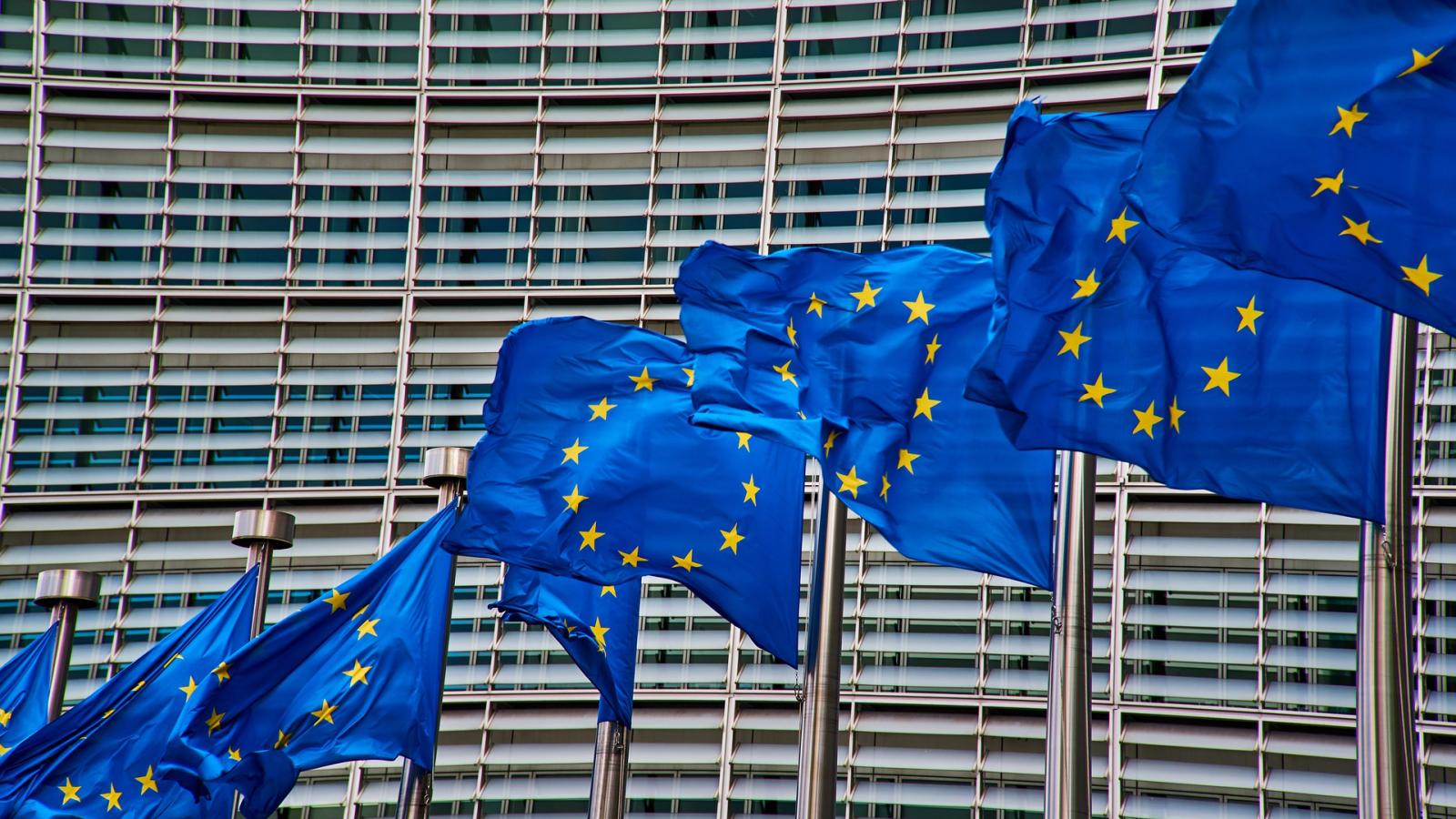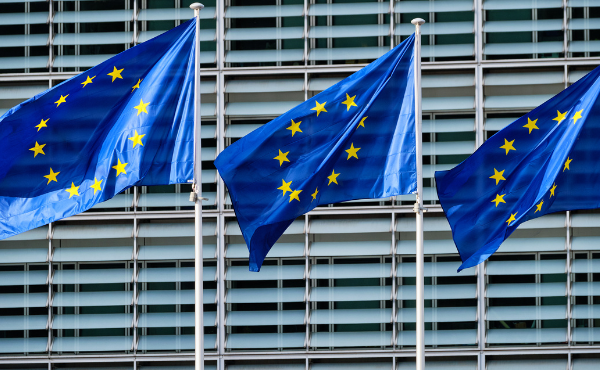
The ECGI blog is kindly supported by

The Case of the Missing Shareholders in the Proposed Corporate Sustainability Due Diligence Directive
This post discusses the shift away from corporate governance and in particular the lack of recognition of the role of shareholders and the topic of short-termism.
By Marleen Och
Jan Ronse Institute for Company and Financial Law
On 23 February 2022, the European Commission published its long-awaited proposal for a new Directive on corporate sustainability due diligence. This proposal is the next phase of an initiative on sustainable corporate governance, which the Commission launched in 2020. The initiative initially pursued several objectives, namely for companies to better manage environmental and human rights aspects in their operations and value chains and to align the companies’ interests with those of its management, shareholders, stakeholders and wider society. These changes would then introduce a shift away from short-term benefits toward long-term sustainable value creation.
Unlike the initiative itself, the proposal is not titled sustainable corporate governance, but corporate sustainability due diligence, illustrating the change in focus the Commission has seemingly undergone since the launch of the process. This post discusses the shift away from corporate governance and in particular the lack of recognition of the role of shareholders and the topic of short-termism.
Scope of the proposal
The proposal mainly introduces specific corporate due diligence requirements on certain companies, which will be required to identify and take steps to remedy or prevent the adverse impact their activities have on human rights and the environment, both in their own operations and those of subsidiaries, but also in relation to direct and indirect established business relationships. In case of non-compliance, companies risk fines from supervising authorities or legal actions for damages from victims of their actions. The scope of the proposal covers large companies, those operating in specific high impact sectors and non-EU companies with significant turnover generated in the EU (Article 2). This amounts to an estimate of 13.000 EU companies and 4.000 non-EU companies, making up just 1% of the EU’s companies. Large companies have an additional requirement to combat climate change (Article 15), as they must align their business model and strategy with the goals of the Paris Agreement.
The proposal does not offer clarifications on what the EU views as sustainable corporate governance in the context of its ESG goals.
Fully-fledged framework for sustainable corporate governance abandoned?
Even though the focus of this initiative clearly shifted towards the due diligence aspects, some provisions on sustainable corporate governance can still be found. A change is introduced to the directors’ duty of care, which must now explicitly entail not just the general best interests of the company, but also consequences for sustainability, including human rights and environmental matters. The requirement to align the company’s business model with the 1.5-degree goal of the Paris Agreement is equally linked to the directors’ duties in the relevant companies, as is their remuneration (Article 15).
Furthermore, stakeholders such as a company’s employees or other individuals or groups affected by a company’s operations shall be consulted by the company when assessing its actual and potential adverse impact (Article 6), they can submit complaints to the company (Article 9) and provide input regarding the company’s due diligence policies (Article 26). While these participation powers on the implementation of due diligence seem rather soft, the civil liability clause (Article 22) could provide stakeholders with a useful tool to claim reparation for already occurred damages.
Apart from these provisions, the proposal does not offer clarifications on what the EU views as sustainable corporate governance in the context of its ESG goals. While there is a clear definition for environmental goals under the Taxonomy Regulation and plans to develop them for social aspects, the question of what the G is in ESG entails remains largely unanswered.
The EU should not dismiss the influence those investors can have and should therefore decide for itself in which directions and through which channels it prefers for shareholders to exercise their power..."
What about shareholder engagement?
Unlike directors and stakeholders, shareholders and their role in a company are not mentioned at all in the proposal. This is particularly noteworthy given that preceding policy documents, especially the study on directors' duties and sustainable corporate governance that EY had conducted for the Commission (‘the EY study’), had put a very strong focus on the role of shareholders and the perceived negative, short-termist pressure the capital markets put on companies. Based on evidence pointing to increased shareholder pay-outs and declining R&D investments, it suggests among other steps to shelter directors from the pressure of short-term investors. Those results had been met with strong criticism, particularly on the flawed methodological approach and cherry-picking of evidence.
The Commission’s approach to the role of shareholders up until this point mirrors two competing narratives in the academic literature. On the one side are those who believe that shareholders, subject to short-term pressures in the capital markets, have a negative influence on a company’s sustainability performance by prioritizing short-term profits over long-term investments (such as Lipton or Bainbridge). The EY study came to a similar conclusion. On the other hand, are those who consider shareholders having a generally positive influence on companies that can mitigate the short-termist tendencies of directors by holding them accountable (such as Bebchuk or Edmans). The latter narrative largely underpins the Shareholder Rights Directive (‘SRD II’), which also includes specific considerations on sustainability. Insufficient empirical evidence impedes a final conclusion for now. In light of that, it is welcome that the Commission did not follow the EY study and proposed provisions reducing shareholders’ influence, which possibly would have contradicted the cautiously positive ideas on shareholder engagement the SRD II introduced. But even if the Commission seemingly no longer considers the ‘short-term pressure stemming from the financial markets’ to be a danger to the sustainability of European companies or at least decided not to propose legislation on this topic, it still leaves the role of shareholders in the transition to a sustainable economy unclear.
The possibility of shareholders having a positive influence on a company’s sustainability performance is addressed in the SRD II, which requires institutional investors and asset managers to develop an engagement policy including, inter alia, social and environmental impact and corporate governance aspects (Article 3g SRD II). This provision, based on a comply-or-explain mechanism, is however not very far-reaching and, given the increased sustainability ambitions of the EU since the adoption of the SRD II in 2017, it would be useful to revisit the role of shareholders.
After the critical feedback on the EY study and despite two negative opinions from the Regulatory Scrutiny Board, the Commission has moved forward with the remaining parts of the initiative, but gone completely silent on the question of the shareholders, leaving a suspicion that this aspect was simply put to the side and may remain there for a while. Some shareholders, particularly large institutional investors based in the US, like to display themselves as the new sustainability watchdogs over European companies and have been quite active on this front. The EU should not dismiss the influence those investors can have and should therefore decide for itself in which directions and through which channels it prefers for shareholders to exercise their power, by keeping the discussion on shareholder engagement and its role in a sustainable European economy alive.
Marleen Och is a Doctoral Researcher at the Jan Ronse Institute for Company and Financial Law, Leuven.
The ECGI does not, consistent with its constitutional purpose, have a view or opinion. If you wish to respond to this article, you can submit a blog article or 'letter to the editor' by clicking here.
An initial version of this article ‘The Case of the Missing Shareholders in the Proposed Corporate Sustainability Due Diligence Directive’ by Marleen Och was published at the Oxford Business Law Blog, the University of Oxford on 20 March 2022.
This post is published as part of a new OBLB series on ‘The Corporate Sustainability Due Diligence Directive Proposal’.




